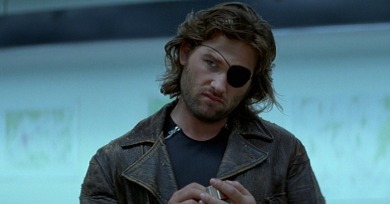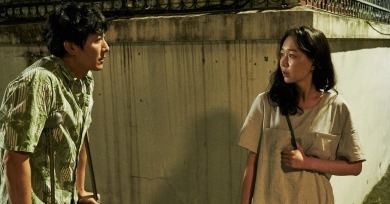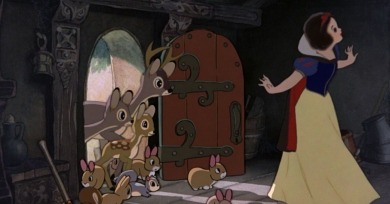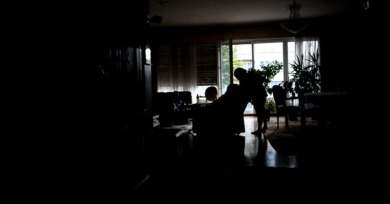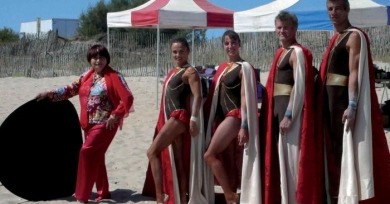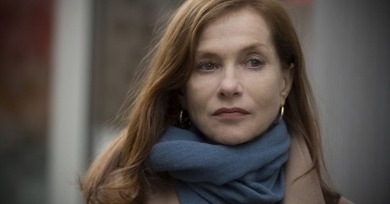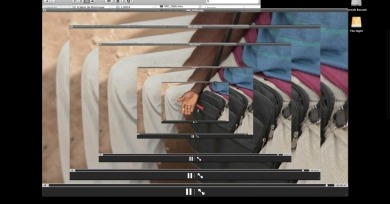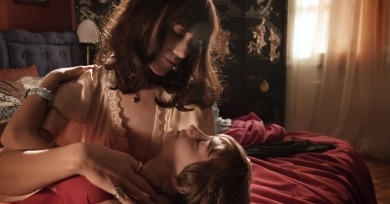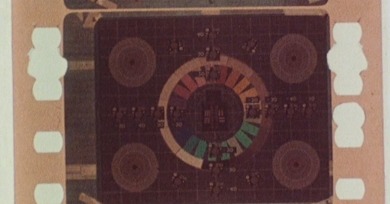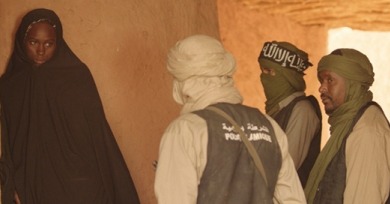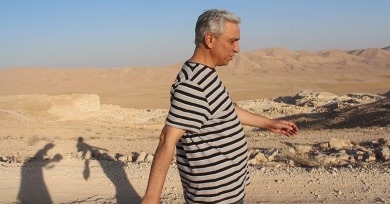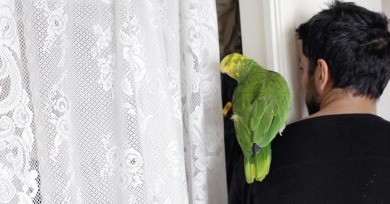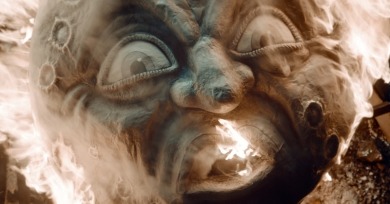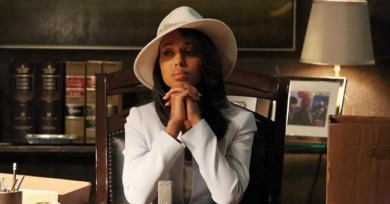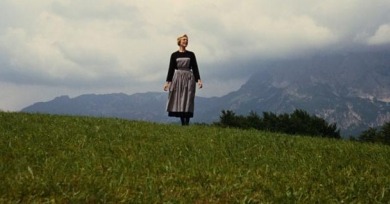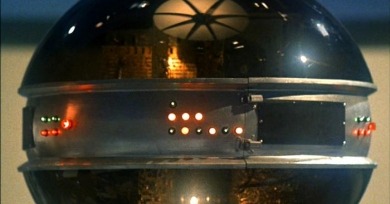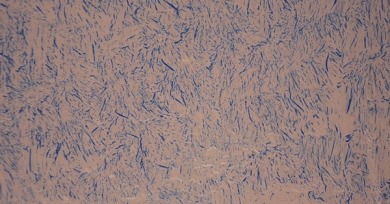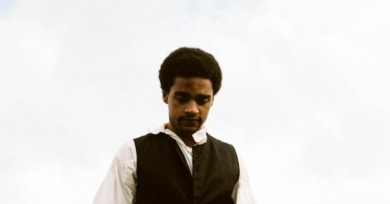Genevieve Yue
Like the sunglasses in a later John Carpenter film, They Live, through which the messages of ideology become bluntly visible, the western in Escape from New York focuses and clarifies the contradictions of a new and pernicious political reality.
Yourself and Yours, from Hong Sang-soo, is like a hall of mirrors, where likenesses are cast in multiple and often dissembling ways.
This week's pair of writers raise questions about contemporary pedagogy and parenting, sci-fi and fairy tales, isolation and ash, with an R-rated future parable and a trip back to storybook land.
To survive means one has to keep surviving, to bear the anguish of what in some ways can never be escaped, until one can do it no longer. Surviving is what we see mother and daughter doing for each other in No Home Movie, though it also pains and consumes them.
“I was filming this postcard, and my camera went [to my hand], and I thought instead of saying my hands are old with spots, I said, it’s a beautiful landscape. And in a way, it’s a way of being a filmmaker that my own age becomes a landscape.”
To the extent that eroticism is about arousing acceptable forms of sexual desire, then, Elle tries to separate its motivations: using sex because one needs it, i.e. to satisfy a compulsion or dominate another through rape (unerotic), or enjoying it as an end in itself (erotic).
It’s only been in use for two years, but the title of the experimental film and video sidebar of the New York Film Festival, Projections, is already in danger of becoming obsolete.
Too often, the film indulges in a tedious solipsism and relies on the most hackneyed of coming-of-age tropes to inspire our pity for Aria.
Standard Gauge, at 35 minutes, was made using a 1000-foot reel of 16mm film (the running time purposefully matches the film’s subject; Fisher has often called himself a “literalist”). This extensive length occasioned, for Fisher, a complex orchestration of time and footage.
The film’s inherent drama could easily be heightened with manufactured dread and suspense, but Sissako relaxes the pace to gain a broader view. Instead of accentuating conflict, he details smaller moments of change.
Though nominally a documentary festival, FIDMarseille seems chiefly concerned with challenging the form and the expectations that are brought to it.
Berlin oder ein Traum mit Sahne (Berlin or a Dream with Cream), The Measures, Seven Signs That Mean Silence, Letters to Max, Babash, Ming of Harlem: Twenty One Storeys in the Air, Broken Tongue, Sugarcoated Arsenic, The Dragon Is the Frame
The death of cinema has been heralded countless times over the past several decades, suggesting that we are well into its ghostly afterlife. Martin Scorsese’s Hugo surveys cinema from this postcinematic station, returning to the profound connection between childhood wonder and early cinema.
If the show traffics in lurid sex as a form of distraction, what are the real scandals being kept from view? Where might the actual crimes of this world, which is so closely modeled on our own, take place, and how might they impact us, the audience, if we dare to look?
For those weaned on the cropped and cluttered television version of The Sound of Music, the widescreen view on film, in its full form, is like a breeze of crisp Alpine air.
Much of the film, set at the University of California, Berkeley, feels like one long administrative meeting, an experience that is simultaneously mundane and anxiety-provoking.
Magic Mushroom Mountain Movie, Around the World (aka Speedy Speedy California Sky), Liahona, The Invisible World, Movement in Squares, Figure-Ground, murmurations, Falling Notes Unleaving, Ten Notes on a Summer Day
It was not until the accident that she began shaping videos in the manner of her art works, assemblages of malleable forms: animal hide, resin, concrete, and, in an extended sense, her own body, the hand broken in three places.
Monument Film sculpture, anders, Molussien (differently, Molussia), Phantoms of a Libertine, Audition, When Faces Touch, Collections, Martina’s Playhouse, From Romance to Ritual, Spying, Confidential Pt. 2, The Extravagant Shadows
As in her previous film, Fish Tank, Arnold is far more attentive to the nervy tempos of teenage life, caught in fleeting glimpses, than the lifeless and disappointing adults against whom her characters rebel.
